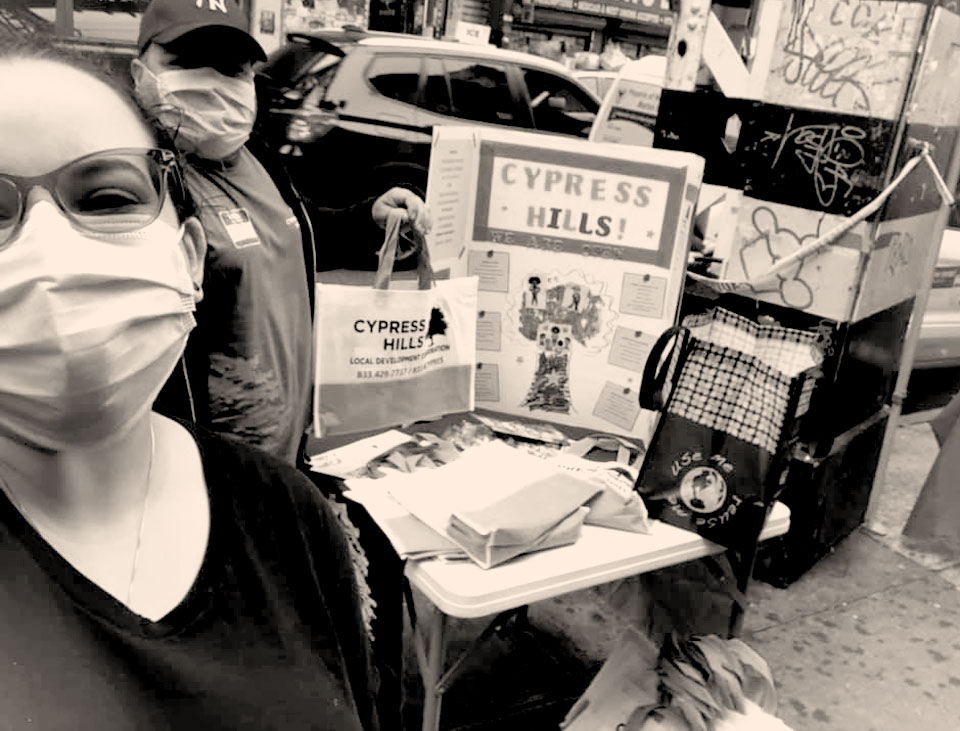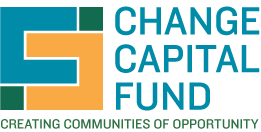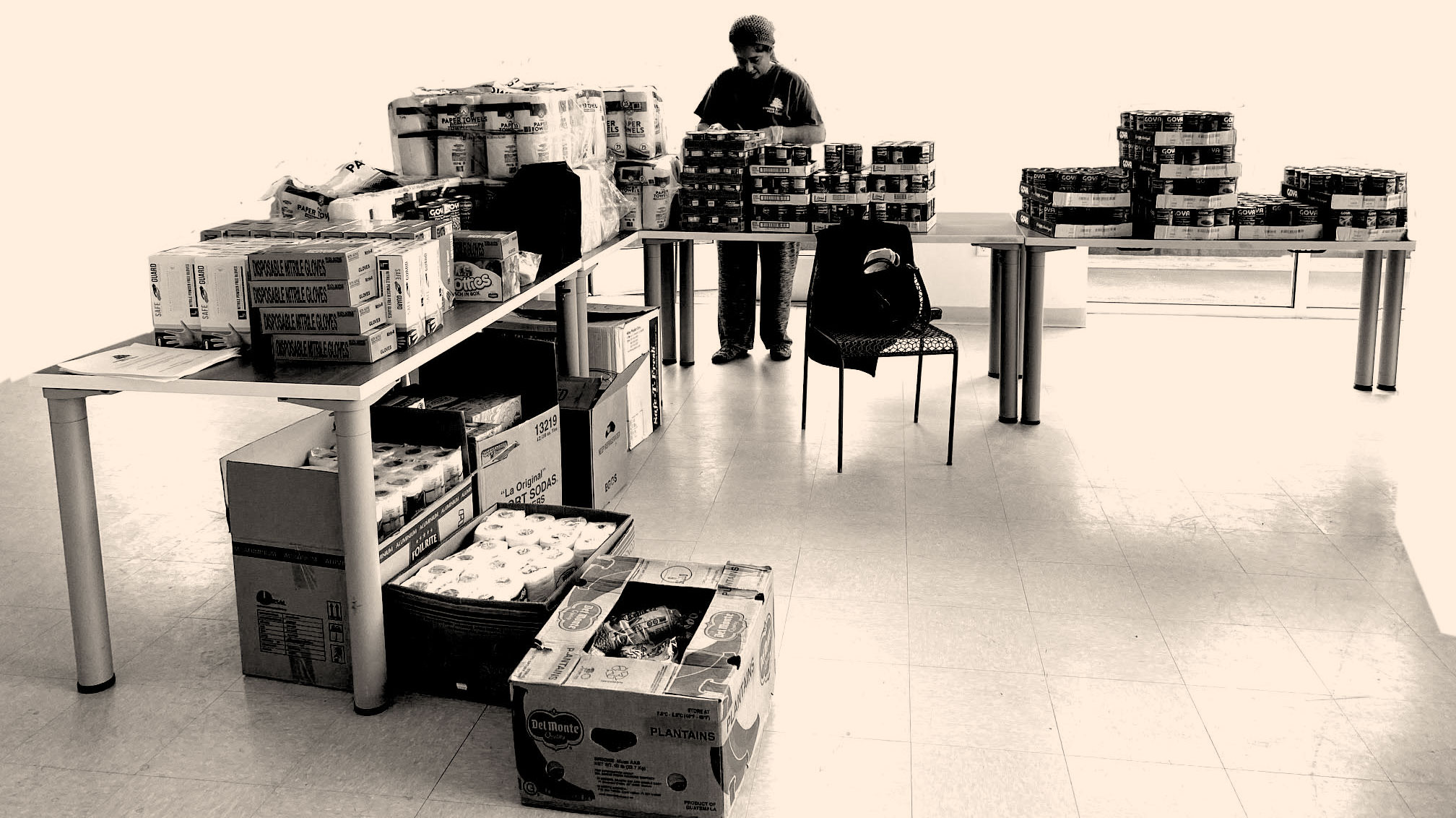Cypress Hills Local Development Corporation (CHLDC) has supported more than a few generations of children from toddlers to adulthood in Cypress Hills and East New York, Brooklyn during its forty-some years. They created a childcare center, a community school, afterschool programs, college access and success services as well as advocacy efforts for and with the neighborhood’s young people. CHLDC also develops and manages affordable housing and trains residents to get jobs and advance in their careers. Their continuous innovation is improving the lives of neighborhood residents by pioneering ways for homeowners to legally rent their basement, to fix their leaky roofs, and to weatherize their homes. They have organized and won major concessions and neighborhood investments through a zoning negotiation including a new community center and organizational home, Chestnut Commons, that will provide 3,000 people every year with access to recreation and arts, job training, adult education, college access/ persistence services and a kitchen incubator for small food businesses.
On March 23, 2020, just days after NYC shut down, CHLDC set up a hotline with a call-in number offering one-on-one assistance. It was posted at all their buildings and on their website, and shared through text, email, and social media. They also immediately began providing gift cards for food, soon shifting to enroll residents in the NYCGetFood program which offered eligible New Yorkers a month’s supply of food. They raised funds and delivered fresh produce weekly to four, overwhelmed grassroots food pantries and helped their members gain access to public benefits. They convened a network of smaller neighborhood nonprofits and mutual aid groups to maximize resources and share information and advocacy. When, like many groups serving low-income people, they found that many participants lacked either the computers, the internet connectivity, or the comfort with technology to interact on-line, CHLDC accommodated by meeting with needy clients while maintaining social distance rules.
Staff was similarly adaptive in pivoting their job training in response to an upended labor market. With restaurants closing, culinary training was put on hold and, through a partnership with Kingsborough Community College, a Certified Nurse Assistants training began. As paratransit jobs temporarily disappeared, participants were directed to jobs in warehouses. Their Building ENY launch went forward because work on local development projects in the affordable housing sector carried on. CHLDC won accommodations for Adult Education students who were unable to sit for the TASC exam but were able to continue classes and use CHLDC’s computer lab when needed. 111 people received job training and placement help and an additional 61 got help with their adult education goals during the pandemic’s first six months.
BSRC became a distribution hub for food, masks, hand sanitizer, diapers and even air conditioners. They doubled down on social supports, making wellness calls, training staff to provide bereavement counseling, and working across services to identify and refer people to mental health supports and to prevent evictions. They also distributed cash, pioneering a relationship with MoCaFi, an African American-owned national fintech platform. In six months, they provided emergency cash grants of up to $400, while also enabling over 100 residents to access affordable bank accounts.
CCF’s consultant is coaching Restoration’s new Quality Assurance Director, and CCF grant funds are supporting the development of an organization-wide data system along with training for staff on how to use data to fine-tune programming.


